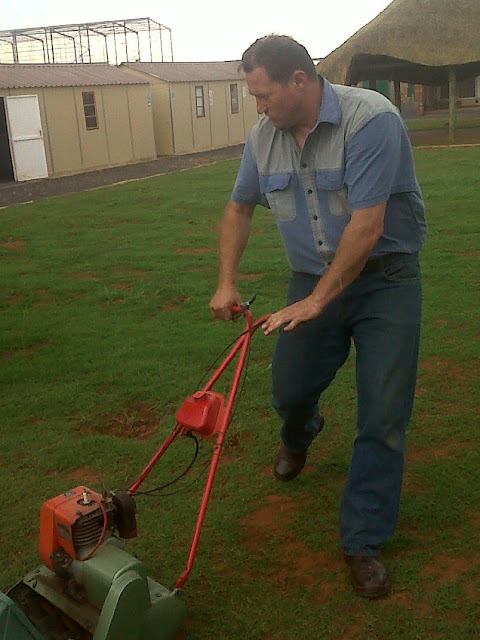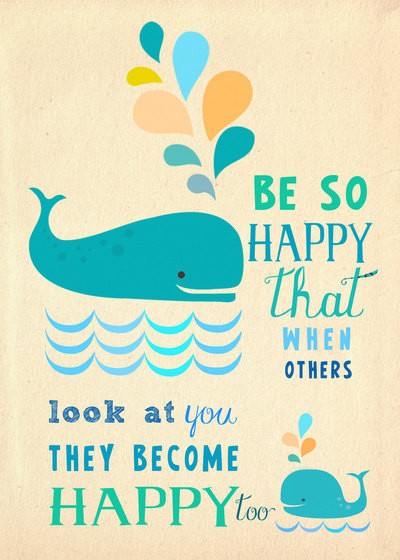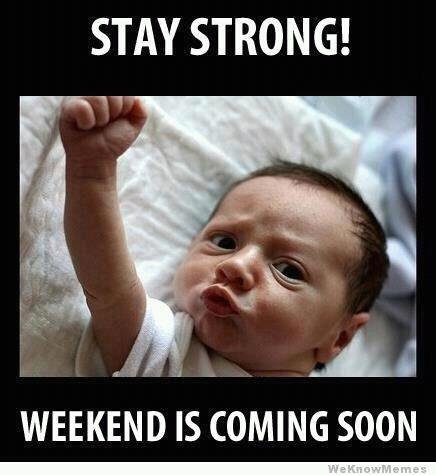1. I should get a proper job…
There are many people who have a 'proper'
job but are miserable. What is a proper job anyway? Working for 40 years
for one company then getting a gold watch when you retire? Or working 10
hour days for an OK salary for a company you don't care for, in a
position you loathe?
I understand we all have responsibilities
and I am in NO way saying we need to shirk these, but you can have a job that you love
and still be responsible. You spend 70 % of your life at work – it should be
something you enjoy. It should be something you're good at. It should bring you
fulfillment as well as the salary and gold watch. If you are unsure about
how to go about this read "How to Find Your
Dream Job".
2. I should be more realistic…
Growing up we all had dreams – dreams of
being an actress, a fashion designer, a ballerina, an astronaut, president,
CEO, chef etc. However these dreams were often dashed (usually by well-meaning
individuals) with the words "You should be more realistic!"
UGH! Thank goodness Nelson Mandela,
Mother Theresa, Barack Obama, Richard Branson, Oprah Winfrey, Mark
Shuttleworth, Natalie du Toit, Lewis Pugh didn't listen to their advice… I
hate to break it to those "well-meaning individuals" but nothing great was ever created by a
realist!
Once again I am not saying you quit your job
and move to Hollywood. There is a path to success that even Un-realists need to
follow, but "being realistic" is so below the realm of what
really is possible. Whenever we have a dream or an idea, "being
realistic" pounds us over the head and we stop before we even get started.
How is being a realist helping you? Could you benefit from expanding your view of what is possible?
How is being a realist helping you? Could you benefit from expanding your view of what is possible?
I challenge you to become
un-realistic. Start living a life beyond what seems to be possible and see
how your life grows and expands.
3. I should be 'there' or have 'this' by now…
Life is unpredictable. Many of us are not where we think we should be by now. That's OK.
I too am not where I
"should" be, but thank God I am not where I used to be. The challenges, the wrong choices, the ups, the downs, have
created the person I am today.
If you are not where you think you
should be, then start thinking consciously about where you want to be. Create a vision for
your life and ask yourself powerful questions, such
as "What would I do if I knew I couldn't fail? What is my purpose? What do
I want to be remembered for?"
You can't change the past but you can
influence the present. Don't beat yourself up about the wrong decisions, bad
choices or silly mistakes you've made. Rather acknowledge where you have come
from, focus on what you have done right (instead of wrong) and be kinder to
yourself.
If you need a little help with this, create a Victory Log for 2012
or if you're really struggling, do it for the past 5 years. List everything you
are proud of achieving, doing, seeing and being. Stick it up where you can see
it and every time you feel bad about where you think you should be – read it
out loud and give yourself a pat of the back.
I wish you a life filled with Purpose,
Passion and Possibility (something you should have).
Jacqui O’Bree
is the owner of Fullife Coaching and a qualified Life Coach. Her vision is to
help people live with Purpose, Passion and Possibility in both their personal
and professional lives. Jacqui runs group workshops and offers one-on-one
coaching, with a special focus on career, parenting, work/ life balance, and
financial freedom. Jacqui is a regular contributor to magazines and a popular
speaker at events. She resides in Fourways, Johannesburg. You can contact her on
jacqui@fullife-coach.com or visit
www.fullife-coach.com






























